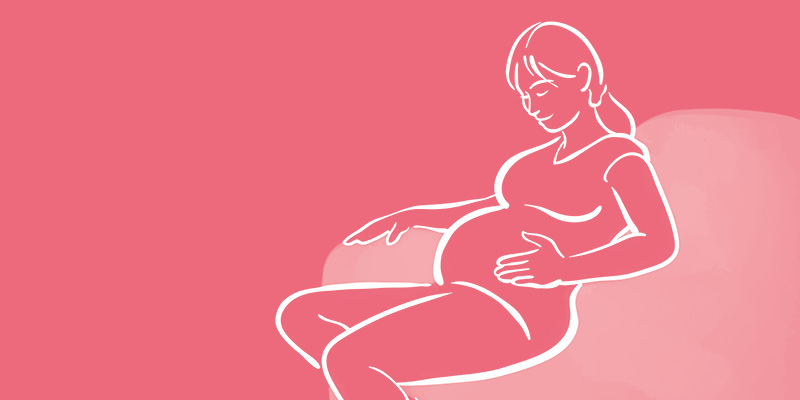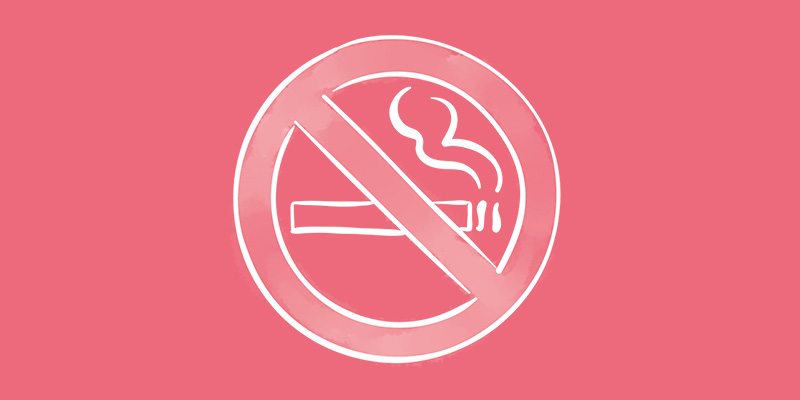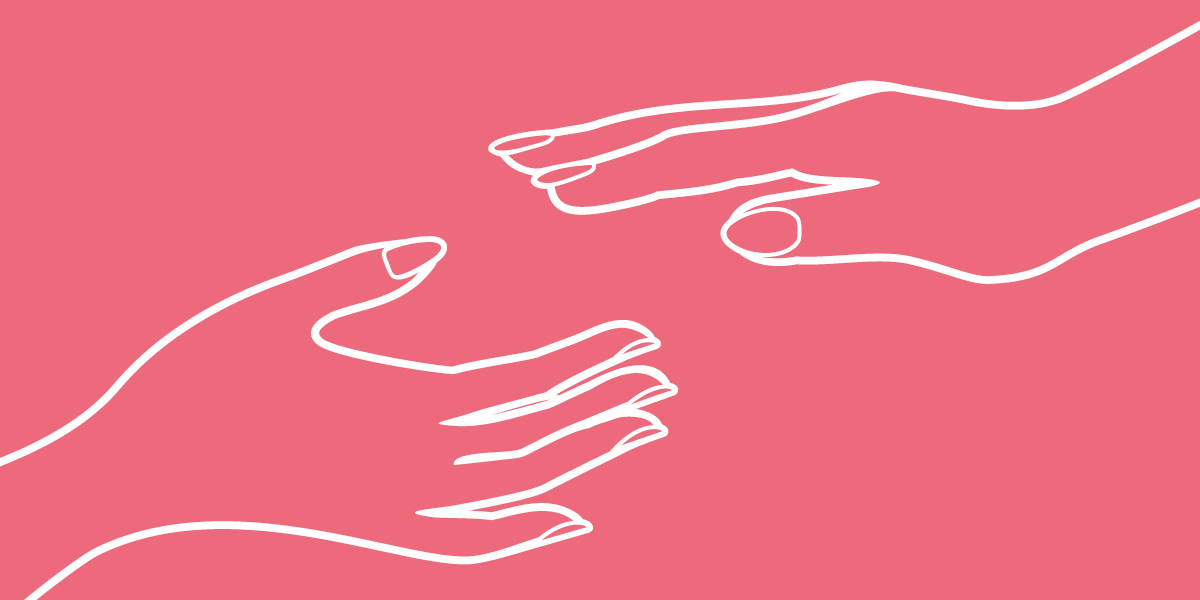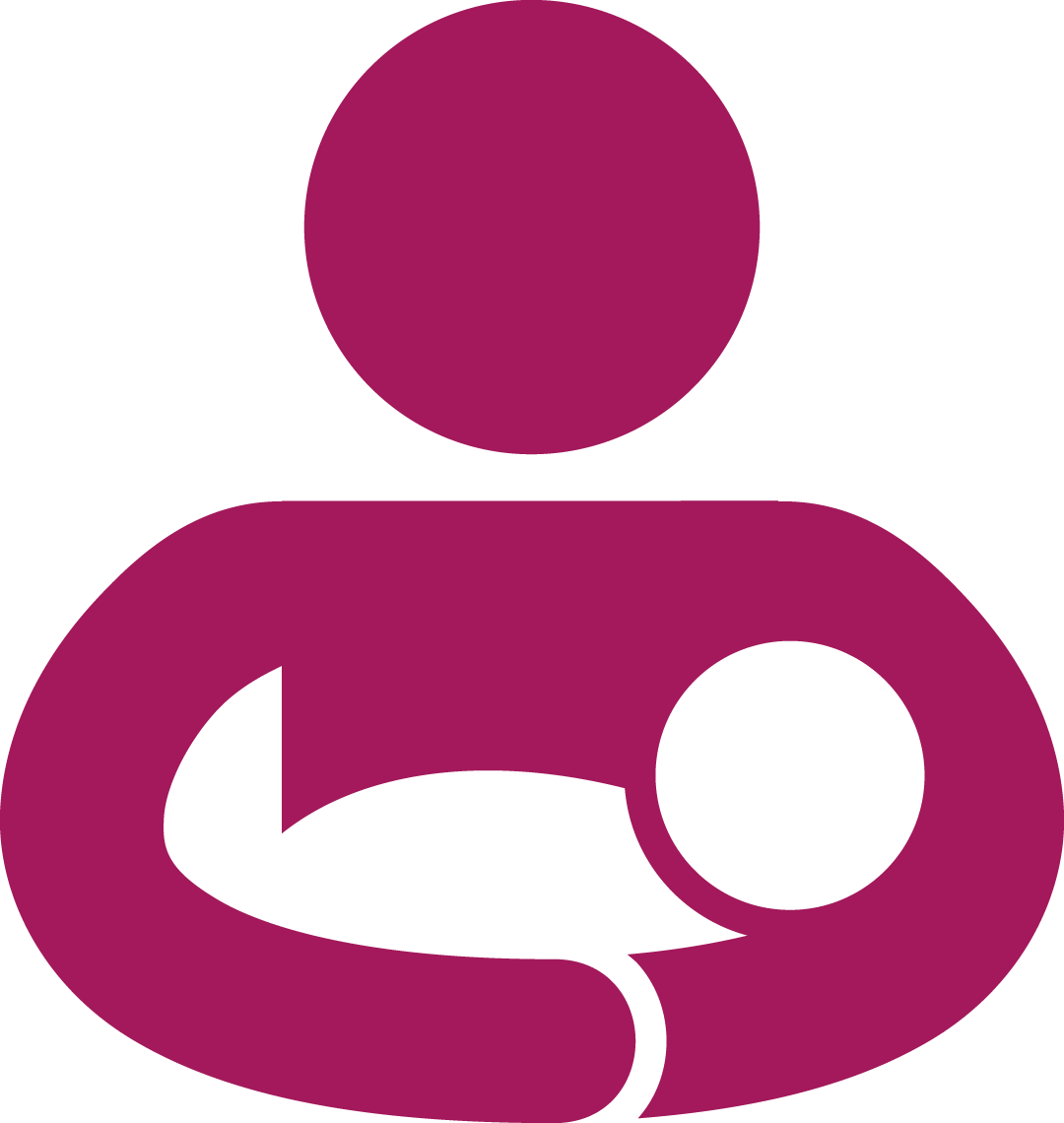It’s important to always monitor your baby’s movements, because if you notice that your baby's movements have slowed down or stopped, you need to contact your midwife or maternity unit straight away using the emergency contact information given to you. Do not wait until the next day, your next appointment or after the weekend. You’ll not be wasting anyone’s time.
When will you start feeling your baby moving?
This is very exciting time and you’ll probably start to feel your baby moving in the womb between 16 and 24 weeks. Around 24 weeks you should find that your baby starts making more regular movements. They might start off as gentle swirling or fluttering movements but as your baby gets bigger, you may feel more kicks or stronger movements. You will also feel your baby move right up to and during labour.
How to tell if your baby’s movements are normal
As your baby grows and develops, you’ll find that you get used to your baby moving around and the time of day it happens and you will get to know your baby’s pattern of movements. You might find that your baby moves more in the mornings or evenings and that having a bath or drinking water might make them kick a little more. There is no set number of normal movements you should be feeling – every baby is different.
What should you watch out for?
If a baby is having problems they might start moving less or you might feel they aren’t moving or kicking when they usually are active. Noticing when this happens and contacting your midwife or Maternity Unit straight away using the emergency contact information given to you is really important and you shouldn’t hesitate if you have any doubts.
Frequently asked questions about reduced movement
How do you get used to recognising your baby’s movements?
At around 24 weeks your baby will start moving around regularly and you’ll begin to notice that they are more active at certain points of the day or night. You can keep a note of when they are most active and if you notice that they aren’t moving around as much, you should call your midwife or maternity unit straight away using the emergency contact information given to you.
What if you aren’t sure if the movements have slowed down but it feels different?
If you have any doubts, trust your instincts and call your midwife or maternity unit straight away using the emergency contact information given to you.
Who should you call if you're worried about reduced movement?
Please call your midwife or maternity unit straight away using the emergency contact information given to you if you have any worries or concerns about your baby’s movement. Please call them if you are even just a little bit worried, or if it has happened before. Your midwife will always want to hear from you.
What will they check at the hospital?
At the hospital your maternity team will check your health and listen to your baby’s heartbeat. Your maternity team might also attach you to a heart rate monitor which records a trace of the baby’s heartbeat as listening to the heart beat doesn’t give all the information the maternity team need. It's also quite common that once you lie down, hear the baby’s heartbeat and relax, you will start to feel the baby moving. Don’t feel embarrassed about this - midwives see this every day. It is far better to go and get checked so that any potential problems can be picked up.
Can you use apps or handheld monitors to check my baby’s heartbeat?
Do not use any hand-held monitors, Dopplers or phone apps to check your baby’s heartbeat. Even if you do detect a heartbeat, this does not mean your baby is well and could give wrong information. Speak to your midwife immediately if you have any concerns about your baby’s movements.
Is it true movements will slow down the more advanced my pregnancy gets?
It is NOT TRUE that babies move less towards the end of pregnancy. From 16-24 weeks on you should feel the baby move more and more up until 32 weeks then stay roughly the same until you give birth. You should continue to feel your baby move right up until the time you go into labour and whilst you are in labour.
When should you contact your midwife or maternity unit?
Always trust your instincts and get in touch immediately if:
- If you aren’t sure if your baby’s movements have slowed down
- Movements feel different to what you normally experience
- If you notice your baby isn’t moving around as much
- Movements have stopped
- You have ANY concerns regarding your baby’s movements.
Supporting you after a stillbirth
Stillbirth is one of the most devastating experiences any family can go through and it can take a long time to even begin to adjust to life after the death of a baby. However, you’re not alone and there are a wide range of support groups and health professionals that can help and support you during this very difficult time.
If you’ve experienced stillbirth, find out more about the help and support available to you. More information can also be found at Ready Steady Baby.
 Activities & Play
Activities & Play Behaviour
Behaviour Childcare
Childcare Development & Growing Up
Development & Growing Up Family, Friends & Relationships
Family, Friends & Relationships Feeding Your Baby
Feeding Your Baby Food & Eating
Food & Eating Health & Safety
Health & Safety Mental Health & Wellbeing
Mental Health & Wellbeing Money & Work
Money & Work Online Behaviour & Safety
Online Behaviour & Safety Pregnancy & First Days
Pregnancy & First Days School & Education
School & Education Sleep
Sleep









 Feeding Your Baby
Feeding Your Baby
 Sleep
Sleep